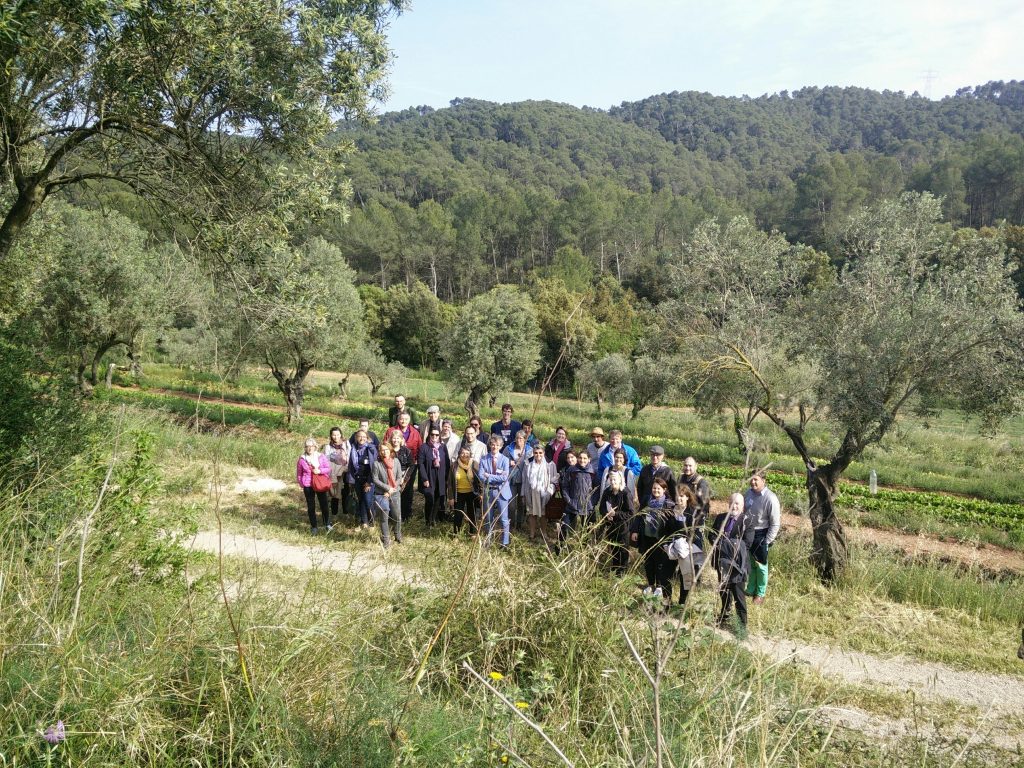
By Aisling Murtagh and Maura Farrell
Repositioning rural areas in response to problems of decline means overcoming complex, interconnected challenges. The RURALIZATION project is exploring innovative ways to overcome issues of rural regeneration and support generational renewal. Aisling Murtagh and Maura Farrell from the Rural Studies Cluster, Discipline of Geography, National University of Ireland, Galway tell us more.
The Need for Rural Regeneration
The challenge of rural population decline and need for rural communities to become more attractive places to live and work is a concern for rural people and policymakers alike. It is discussed in policy statements such as the 2016 Cork 2.0 Declaration ‘A Better Life in Rural Areas’ and the 2018 OECD Edinburgh Policy Statement on Enhancing Rural Innovation. With a smaller population to serve, decline can threaten the development or preservation of services such as public transport and healthcare. Additionally, it makes new services, such as broadband provision, less economically viable to develop the supporting infrastructure creating a digital divide.
The decline trend can also result in an age disparity, with rural demographics dominated by older populations rather than younger people. The age profile of European farmers in particular is an issue with a high proportion nearing retirement. Limited job and education opportunities, alongside a social scene that lacks the vibrancy of cities can make rural places not just unattractive but also an unrealistic option for youth.
A downward spiral of decline starts to emerge. Nonetheless, when youth leave rural areas, it isn’t necessarily forever, but realising the ambition to return can generally only occur if there are the work or entrepreneurship opportunities needed to sustain a livelihood. Farming as an option for rural youth has challenges stacked against it. Becoming a farmer can look unattractive compared to better paid occupations that offer potential for greater work-life-balance. But even beyond these considerations high farmland prices often means high capital investment is required to gain land access. Getting into farming through the family farm is the most realistic option, but this too is fraught with difficulties as many European countries face on-going succession and inheritance challenges.
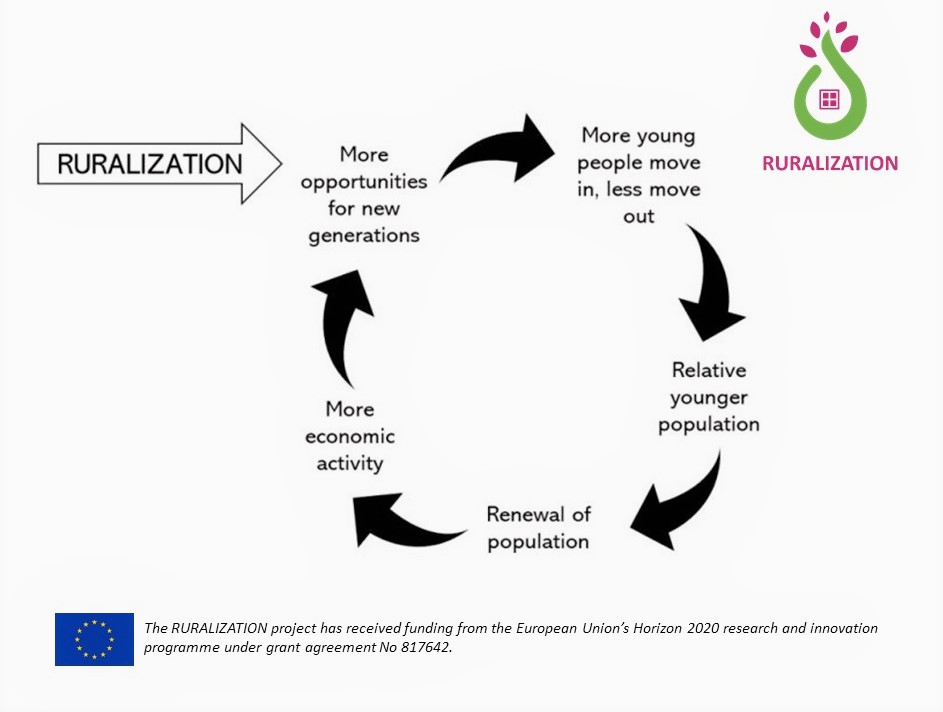 Rural Advantages
Rural Advantages
Despite these issues however, rural areas have many attractive qualities that can appeal to new settlers, such as lower house prices, a clean environment and abundant places to connect with nature. This can attract commuters working in urban areas and temporary residents where the rural offers a second home or a highly quality of life. This is true especially in picturesque rural places or those close to cities. Nonetheless, this leads to challenges and some controversy, where those living in rural areas are less interconnected, eroding the strength of social bonds within the community. In areas where housing is not in plentiful supply, it can also make living there less affordable for existing residents.
For entrepreneurs, while basing their life in a rural area may have advantages similar to those mentioned above, doing business in rural areas can face challenges. In particular, access to appropriately skilled staff may be a barrier. Networks are crucial to doing business, whether working with others directly or through gaining access to key advice and information from being close to others doing similar things. Digital connectivity can help overcome this, but rural broadband quality can mean a divide remains.
The Bigger Picture
Looking outside rural areas themselves, there are also bigger issues that create a need for rural regeneration. From the European to global level, more and more people live in urban areas and this trend is expected to continue. But the urbanisation trend does not mean rural areas are a less important part of our society and economy. Indeed, for more balanced development it is essential that rural decline is averted and rural areas are revived to their fullest potential. This must all happen while supporting environmental sustainability and social inclusivity. The Europe 2020 strategy talks about how Europe must transform and take charge of the future direction of development towards ‘smart, sustainable and inclusive growth’.
The Challenge of the Challenges: Reinventing the Rural
How we effectively overcome these many challenges remains a difficult question, while such challenges are complex and interconnected. Innovation to create new products and businesses, as well as improve productivity in the existing economy is thought to be crucial. This might be in sectors more traditionally associated with rural areas such as agriculture and forestry, as well as new sectors, such as the creative industries and bio-economy. But this relies on a number of different kinds of resources, both physical and human. It needs entrepreneurial skills that can for example explore green innovations to sustainably harness value from but also protect rural natural resources. Broadband can unlock economic opportunities for rural areas, opening new ways of doing things, such as remote working, or ways to improve productivity, such as ‘smart’ farming applications. New opportunities can then impact on the decisions of young people to return to their rural roots, while also attracting rural newcomers.
The challenge also goes beyond economic considerations, with attention to the social and cultural aspects of life that enhance how attractive rural places are also needing consideration. For example, where a critical mass of audiences is not available to sustain a cinema or theatre, transitory cultural spaces such as community festivals can add a dynamism to rural life.
Regeneration cannot aim to simply reverse what has declined either, with rural youth being a prime example. For instance, providing incentives to rural youth to relocate to rural areas is not regenerative if economic opportunities are not available for them to pursue, whether as employees or through self-employment. To create rural jobs in areas where existing industries have declined may involve exploring new economic sectors capitalising on previously untapped or under-utilised local assets. Or it may involve innovation that repositions an existing, declining industry or development of new resources that can avert decline.
A Counterforce: RURALIZATION
We need to reposition rural in response to the challenge of decline. We need to support circumstances that can drive regeneration creating attractive rural areas providing exciting opportunities to new rural generations. We need to develop novel options for policy makers and practical tools for rural actors.
The RURALIZATION project has been set up to look at ways to overcome rural regeneration issues and support generational renewal. RURALIZATION develops a novel perspective for rural areas to trigger a process of ruralisation as a counterforce to urbanisation. This is development towards a new rural frontier offering new rural generations stimulating opportunities for economic and social sustainability. The project is funded by the European Commission under the Horizon 2020 programme and over the next four years it will develop knowledge, define instruments and strategies that can support innovative rural policy making. In particular the project looks at the issues of access to land, new entrants into farming and newcomers to rural areas. RURALIZATION is concerned with farming, but also a wider range of sectors and cross-cutting activities that can lead to greater rural innovation, entrepreneurship and job opportunities.
Creating this new frontier is a complex task and RURALIZATION is designed to deal with this complexity. Rural areas are very different, from remote, peripheral places, to small rural towns and rural places close to urban areas. Decline is not universal, some rural places show promising trends. Rural places are not challenged or resourced in the same way. What works in one place may not in another. Policy interventions need to better reflect this difference making solutions specific to particular places. RURALIZATION will find inspiring examples of innovative instruments and strategies that support rural regeneration in areas that deviate from the general trend of rural decline. RURALIZATION will endeavour to understand how these innovations work in these places, but also look at how to make them transferable to other contexts. RURALIZATION will include a diverse range of rural area types in our research and compare like with like. The project will also use innovative methods to assess the dreams of youth for rural futures, which will then feed into a proposed set of renewed policy options.
Stay Connected
RURALIZATION brings together project partners and wider stakeholders that come from different perspectives yet hold complementary knowledge. This ‘multi-actor approach’ extends from the project partners directly involved, to the research carried out. The diverse project partnership of 18 organisations across 12 European countries includes universities, research institutes, SMEs and other practitioners such as five members of the Access to Land Network.
The project will find innovative practices that improve rural jobs and opportunities and develop detailed case studies on these. Finding and developing these innovative practices needs the involvement of stakeholders, such as farmers, young people and rural entrepreneurs. RURALIZATION is currently building a database to help connect with key stakeholders. To join the database, sign up here: https://www.ruralization.eu/contacto
For more information on RURALIZATION please visit: https://www.ruralization.eu/
The opinions expressed in this article reflect only the authors’ views and in no way reflect the European Commission’s opinions. The European Commission is not responsible for any use that may be made of the information it contains.
About the Authors
 Dr Aisling Murtagh is a Postdoctoral Researcher with the Horizon 2020 RURALIZATION project at the Rural Studies Cluster, School of Geography and Archaeology, NUI Galway. She has worked on a number of rural development related national and European research projects in areas such as cultural and creative industries, short food supply chains and food cooperatives. Before joining the RURALIZATION project she worked as Research and Development Officer with the National Rural Network where her work particularly focused on the LEADER programme.
Dr Aisling Murtagh is a Postdoctoral Researcher with the Horizon 2020 RURALIZATION project at the Rural Studies Cluster, School of Geography and Archaeology, NUI Galway. She has worked on a number of rural development related national and European research projects in areas such as cultural and creative industries, short food supply chains and food cooperatives. Before joining the RURALIZATION project she worked as Research and Development Officer with the National Rural Network where her work particularly focused on the LEADER programme.
 Dr Maura Farrell is currently a full time lecturer in the School of Geography and Archaeology, NUI Galway. Maura’s teaching reflects her research specialism which revolves around Rural and Agricultural Geography and her interests focus around processes of social, cultural and economic change for rural inhabitants. Maura is currently the Principal Investigator on the National Rural Network Project and the more recent Horizon 2020, RURALIZATION Project. Dr Farrell is extremely active outside university life, having been appointed to committees and organisations both nationally and internationally. These include an appointment by the Minister for Rural and Community Development to the Monitoring Committee for the Action Plan for Rural Development and by DG-AGRI to an evaluation and reflection group for the LEADER Programme.
Dr Maura Farrell is currently a full time lecturer in the School of Geography and Archaeology, NUI Galway. Maura’s teaching reflects her research specialism which revolves around Rural and Agricultural Geography and her interests focus around processes of social, cultural and economic change for rural inhabitants. Maura is currently the Principal Investigator on the National Rural Network Project and the more recent Horizon 2020, RURALIZATION Project. Dr Farrell is extremely active outside university life, having been appointed to committees and organisations both nationally and internationally. These include an appointment by the Minister for Rural and Community Development to the Monitoring Committee for the Action Plan for Rural Development and by DG-AGRI to an evaluation and reflection group for the LEADER Programme.
More on Rural Dialogues
Rural Dialogues | Smart Villages: How to Make Them Really Work
Rural Dialogues | Stochastic System Collapse Part 2 – the Social and Solidarity Economy Alternative
Rural Dialogues | Smart Villages – Turning Momentum into Support for Local Action
Rural Dialogues | Peasants of Nature – French Initiative Reconciles Agriculture & Biodiversity
Rural Dialogues | Landcare Germany – Bringing Farmers, Conservationists & Policymakers Together
Rural Dialogues | Best Immigration Practice can help Alleviate Rural Depopulation
Rural Dialogues | What are the 3 A’s of Feeding Ourselves in Ireland?
Rural Dialogues | Radical Old Ideas Gaining Ground in New Rural America
Rural Dialogues | Transition Presents an Unprecedented Opportunity for Rural Revival



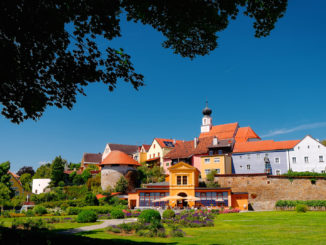
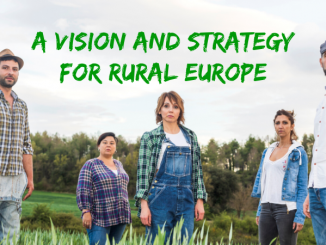
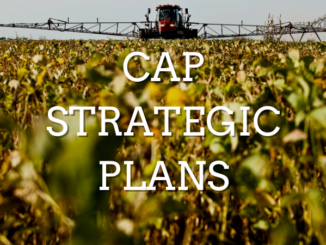
2 Trackbacks / Pingbacks
Comments are closed.